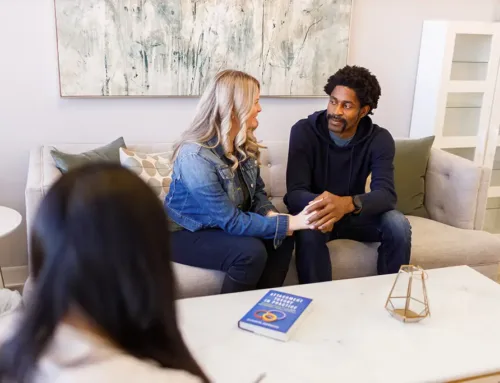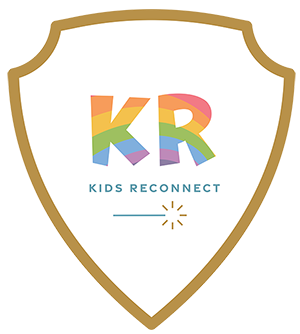Relationships have an “emotional bank account”
Small, consistent deposits —small gestures of love and connection—
grow our love and connection exponentially over time
In this blog post, our couples therapist Natalie Bergman talks about emotional bank accounts, a core concept in Gottman Therapy.
Trust is not built overnight
In relationships, trust is not built overnight; it grows slowly through consistent positive interactions. Dr. John Gottman describes this process using the concept of an “Emotional Bank Account.” Just like a real bank account, couples make “deposits” and “withdrawals” in their emotional bank account over time. The idea is simple: when you engage in positive interactions with your partner, you’re making deposits, but when conflicts or hurtful behaviour occur, you’re making withdrawals.
Deposits in our relationship’s emotional bank account
Deposits in the emotional bank account come from small, thoughtful actions that show love, care, and attentiveness. We do this when we pay attention to how our partner asks for our loving attention or makes loving gestures towards us, and then we respond positively when this happens.
These can include:
- Showing appreciation. Simple words of gratitude can strengthen your partner’s sense of being valued.
- Small gestures, like preparing your partner’s favourite meal or offering help during a busy day are powerful.
- Physical affection. Touch, whether it’s holding hands or a hug, can strengthen emotional connection.
Over time, small, positive actions build emotional security and trust, leading to a strong and resilient relationship.
Withdrawals from our relationship’s emotional bank account
On the flip side, emotional withdrawals happen when you ignore your partner’s needs or cause emotional harm, such as:
- Neglecting their feelings. Not listening or brushing off their concerns can make them feel unimportant.
- Being critical or dismissive. Harsh words or invalidating emotions chip away at the trust that’s been built.
- Frequent conflict without resolution. Every argument that isn’t resolved leaves an emotional mark, and over time, these unresolved issues can deplete the emotional bank account.





